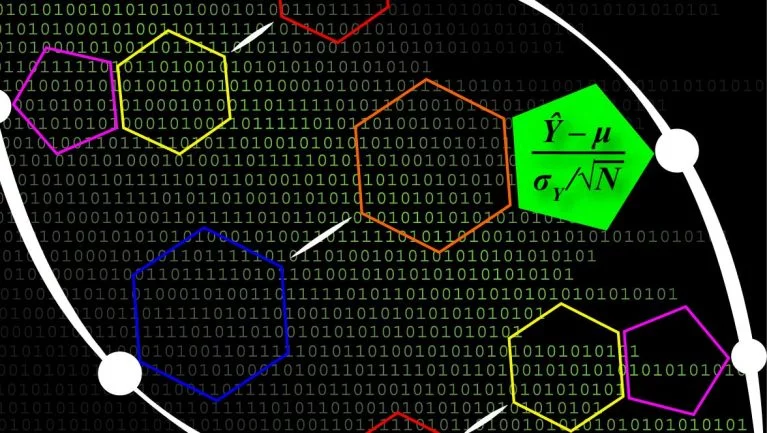
Add to wishlistAdded to wishlistRemoved from wishlist 0
Add to compare8.4/10
(Our Score)
Product is rated as #148 in category Machine Learning
An introduction to the statistics behind the most popular genomic data science projects. This is the sixth course in the Genomic Big Data Science Specialization from Johns Hopkins University. The mission of The Johns Hopkins University is to educate its students and cultivate their capacity for life–long learning, to foster independent and original research, and to bring the benefits of discovery to the world.
Instructor Details
Votes: 0
Courses : 8
Specification: Statistics for Genomic Data Science
|
35 reviews for Statistics for Genomic Data Science
3.8 out of 5
★★★★★
★★★★★
14
★★★★★
9
★★★★★
5
★★★★★
3
★★★★★
4
Write a review
Show all
Most Helpful
Highest Rating
Lowest Rating
Add a review Cancel reply
This site uses Akismet to reduce spam. Learn how your comment data is processed.
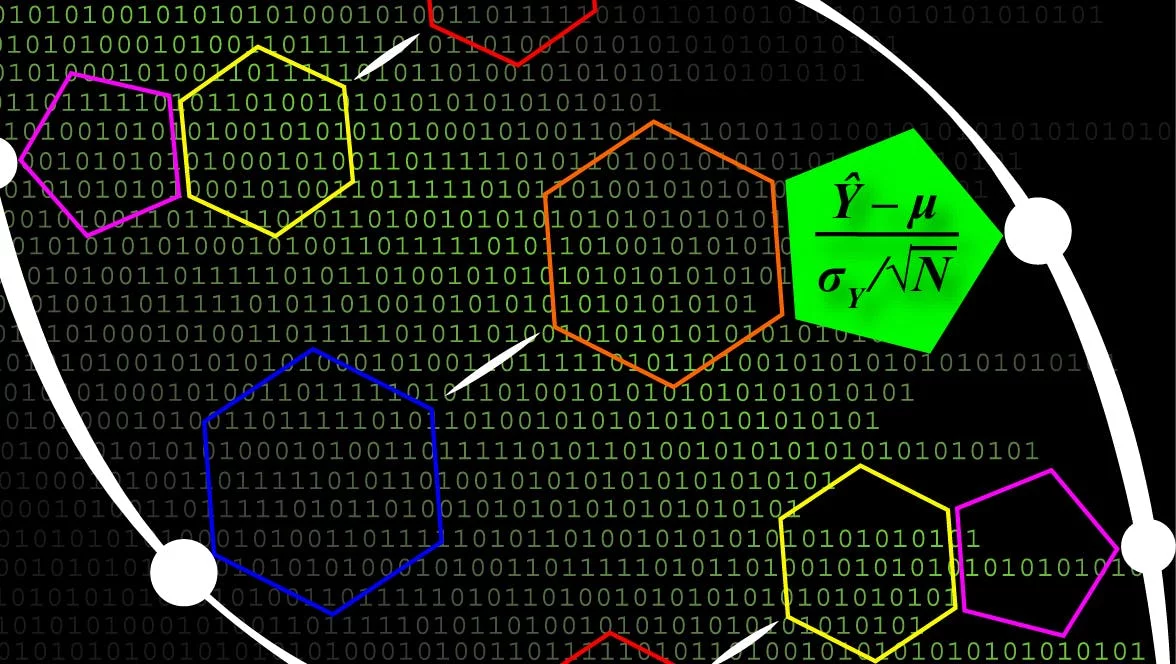
| Price | Free |
|---|---|
| Provider | |
| Duration | 19 hours |
| Year | 2016 |
| Language | English |
| Certificate | Yes |
| Quizzes | Yes |

Statistics for Genomic Data Science
FREE


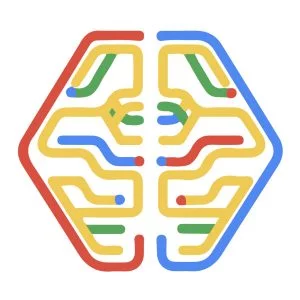

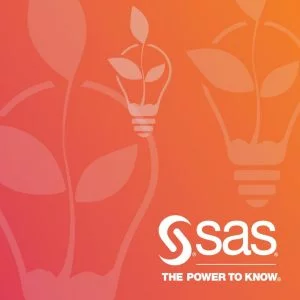
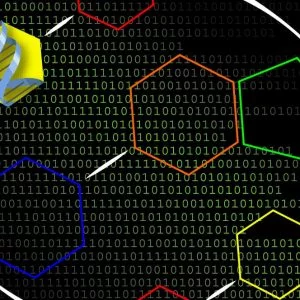
Chunyu Z –
very helpful class. instructor very organized.
Maximo R –
Great course!!!!
Luz Y M R –
I have really enjoyed the course and I have learnt different concepts relevant for my current study. Yurany
sandeep s –
The course was tough and was explained in a very fast way assuming that the student knows prior statistics.
Michael R D –
Nice course. Ready to apply data.
Ryan A H –
Overall, a very good course. Not without its flaws (inconsistent video audio levels), but I have walked away knowing far more about Genomic Data Science than I expected to.
Juan J S G –
La semana 3 puede hacerse dura, pero el curso es muy completo y recomendable.
Gonzalo C S –
Bad or superficial explanations. The instructor speaks very fast and you need to continually stop the video to keep the pace. Some interesting commands and are shown, but the instructor seems to be tired of explaining them and defers explanations to lots of links at the end of each video.
John M –
Covers a large amount of material in a short time. You will learn a lot but you will have to spend a lot of time researching and experimenting.
Matt C –
For some reason, this was a really tough course, it blew my socks off. I did not get the explanations they just did not sink in.
Alex Z –
talk fast and informative! I enjoyed it a lot.
Gregorio A A P –
Excellent, but I would be grateful if you could translate all your courses of absolute quality into Spanish.
Apostolos Z –
Excellent course! Thank you!
Andrew M –
This course is the shotgun approach to this topic. There’s way too much material covered so shallowly that the instructor may as well not have bothered. While it is true that the course is heavily annotated with web links and references, IMNSHO, this is a cop out. This course could improve dramatically by extending it a couple of weeks and covering some of the material in greater depth. I think the instructor also also buried his lede by deferring the discussion of predictive statistics and an overview various experimental processes/software until week 4. Both of these topics deserve better treatment front and center in week 1.
Paul S –
The worst executed course I have taken in 36 years of post graduate education. 1 The instructor speaks so fast it is difficult even for a native English speaker like myself to understand. 2. This course is only suitable as a review for people who are experts in the field already. Even if you know how to use Bioconductor and are familiar with programming in R, if you don’t know the tools being used already the instruction in the course will not give enough information to be able to do the quizzes without a great deal of difficulty. 3. The examples presented are thrown out in a cursory fashion without enough detail about how the data is being set up or manipulated. Matrices are transformed and recombined with little explanation about why things are being done. 4. Although generalizing from material presented to new applications is a valid instructional approach, the instruction does not give the student enough information to do this and the instructor expects students to be able to figure out new algorithms from vague public domain documentation. 5. Although the instructor makes an impassioned plea for carefully thought out statistical test design, proper documentation of work flow, and appropriate use of p values, he does not describe the interpretation of statistical tools presented. For example, tools for calculating thousands of principle components in seconds is given, but beyond showing clusters of dots on a graph may indicate a genetic cluster does not explain what the individual points in the PCA mean. In summary, the tools presented are very powerful but are not well described. Extensive revision to the course is needed.
Roman S –
Really great and in depth class! thank you
Saaket V –
Enjoyed it. One of better courses I have taken in Coursera. A good introduction to using statistics in Bioconductor with genomics data.
Thodoris S –
too much overlap with Jeff’s course in introduction to genomic data science
Zhen M –
The professor is really enthusiasm, so I was really impreesed by him. And his teaching is brief, and I can learn key points through the lectures. Great course!
ELISA W –
I think this is one of the best courses in this specialization. I found it the most helpful in building together what should be learned in genomic data science. I wish 1) this course was earlier in the specialization, 2) there was additional building from this course to build together the workflow from beginning to end, and 3) reduction or removal of some of the other courses (or other courses taught together with this one).
Ian P –
I did my best to work through module 1, but encountered one problem after another with installing the various required R packages, due to version issues. From the absence of recent discussion posts it seems that this is not really a current, viable course. From what I have seen of the course, I get the impression that even if package installation went smoothly, the course is more about R than statistics or genomics which is not what I joined for.
Hamzeh M T –
Great place to start learning genomics in R
Hemanoel P A –
This is totally not for beginners..
Nitin S –
sometimes termininology was used interchangeably, which can be confusing for a beginner but overall a good introduction to statistcs for genomic data analysis
David B –
Theory part, remaining that it has to be done in pills, could be done a lot better. R part is done better, but the principal issue is that you have not a clear connection with theory.
Stefanie M –
In the course, easy concepts are well explained, but the more complex topics are very tricky to understand. However, I appreciated the enthusiasm of the teacher a lot
Dr. R –
good
Tushar K –
Very good course and useful understanding statistical aspects of data.
NAMRATA P –
good
Chuan J –
It is really great that told me lots of basic statistical information that I didn’t know.
Ariful l –
good for learning
YuanL –
Thanks!
Hylke C D –
Much of the code is broken because it is outdated. In the specialisation you learn to use Python, and here all of a sudden they switch to R. Some familiarity with R is assumed in this course. A lot of the functions and packages that are used are not discussed at all. By far the worst course I have taken on coursera so far.
tawanda n –
new material would be great as well as new datasets
Pedro M –
Pretty good but a little superficial and outdated.